John Plonsky was a journeyman trumpet player, composer and arranger from the West Coast who had recorded with Ray Bauduc and Nappy Lamare in the ’40s, starting out in traditional and swing styles. He later switched to a more bop-oriented approach after coming to the East Coast with Alvy West’s Little Band.
“The 1950s are a gold mine of lost trumpeters. No matter how many times I comb discographies, I come across another solid horn player whose name is likely unfamiliar to many jazz fans. On Monday I posted about Johnny Glasel and his Brasstet. Today, I’m looking at John Plonsky and his sole leadership album, Cool Man Cool (1957).
First, a little background on Plonsky. Little is known about the tumpeter, but here’s what I could piece together from a bit of online research. Plonsky seems to have begun his career on the West Coast. In 1945, at age 19, he wrote arrangements for Ray Bauduc, the drummer for the Bob Crosby Orchestra who formed a short-lived big band with saxophonist Gil Rodin rigth after World War II. In 1946, Plonsky recorded four sides with Charles Mingus in Los Angeles.
Then in 1948, Plonsky played and arranged for for Alvy West (above), an alto saxophonist and leader of a odd band that featured a trumpet, alto sax, accordion, two guitars, bass and drums. The band included Bob Caudana on accordion and Chuck Wayne on guitar. There also was a vocal group. According to Billboard in 1948, “Vocal arrangements for the Larkin Sisters’ vocal group are again a radical departure. The gals are blended into the ork intricacies, at times lyricizing and, at times, humming instrumental patterns.”
I’m not sure what Plonsky did during the early and mid-1950s. According to the Jazz Discography, he didn’t record again until March 1957, when he put together a quintet for the Golden Crest label in New York. The album was called Cool Man Cool and featured John Plonsky (tp), Carl Janelli (bar), Dominic Cortese (accord), Chet Amsterdam (b), Mel Zelnick (d) and Betty Ann Blake (vcl). Plonsky handled the arrangements.
Songs on the album composed by Plonsky are Laurel and Hardy (a fabulous arrangement), Angel Hair, Calico Shoes, Funkier Than Thou and Blonde Caboose. The rest are standards—The Lady Is a Tramp, But Not For Me, Puttin’ on the Ritz, Just in Time, How About You and I’ll Take Romance. The standards featured Betty Ann Blake, who had a pleasant, dry vocal style.
The music and instrumentation are terrific. The amplified accordion provides an interesting texture when combined with the trumpet and baritone saxophone, and all of the players are super on harmony. As for Plonsky, he had a lovely open tone.
Plonsky would record on two more jazz sessions—Dixieland Goes Progressive for Golden Crest in June 1957 and on Lou McGarity’s album In Celebration in 1964, where he appears as John Parker. Which tells me he was under contract to another label or entity at the time.
And that’s where the jazz trail ends for Plonsky. I have no idea what happened to him after that and there doesn’t appear to be much information online. If I were taking a wild guess, I’d say Plonsky began writing for television in the early 1950s and never stopped. We’ll just have to wait until someone who knew him writes in.” (SOURCE: JAZZWAX BY MARC MYERS).
Track listing:
0:00 Laurel And Hardy
3:30 The Lady Is a Tramp
6:51 But Not for Me
9:23 Puttin’ On The Ritz
12:00 Just in Time
15:10 Calico Shoes
18:30 Angel Hair
22:00 How About You?
24:02 Funkier Than Thou
26:49 I’ll Take Romance
29:57 Blonde Caboose
Personnel:
John Plonsky – trumpet
Carl Janelli – baritone saxophone
Dominic Cortese – electric accordian
Chet Amsterdam – bass
Mel Zelnick – drums
Betty Ann Blake – vocals
________________________
Label: Golden Crest
Format: Vinyl, LP
Country: US
Released: 1957
Recorded: New York, NY; March 5, 1957
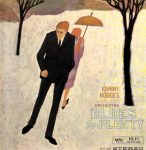
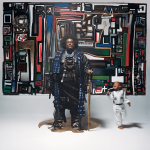




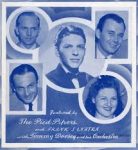
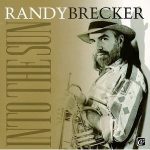
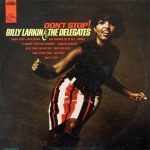
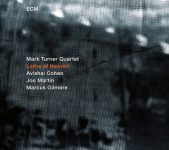
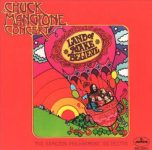

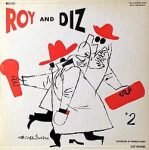

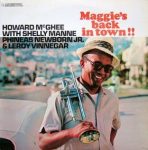


Thanks! Share it with your friends!
Tweet
Share
Pin It
LinkedIn
Google+
Reddit
Tumblr